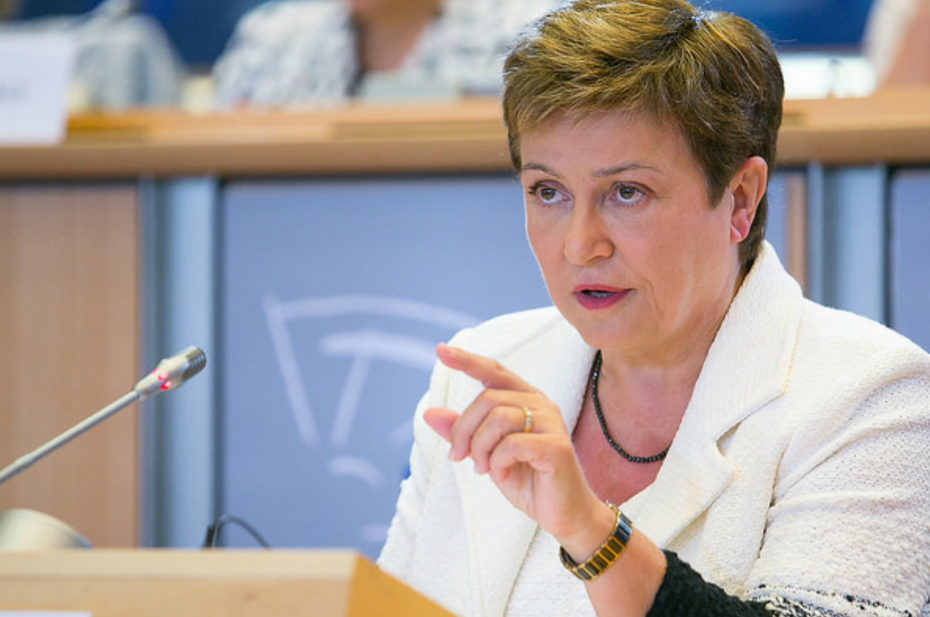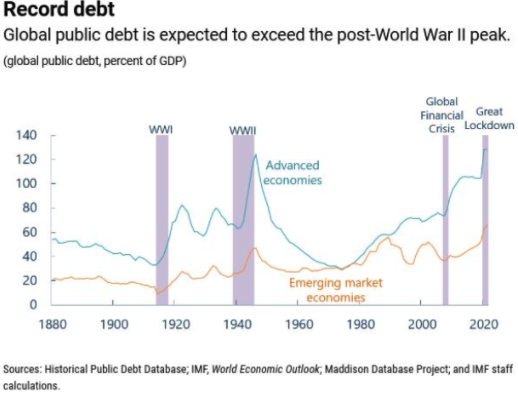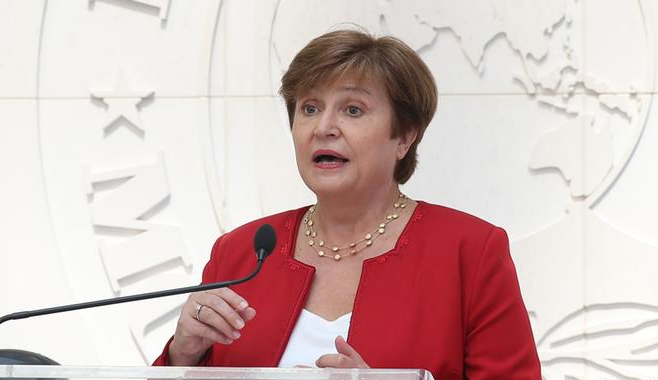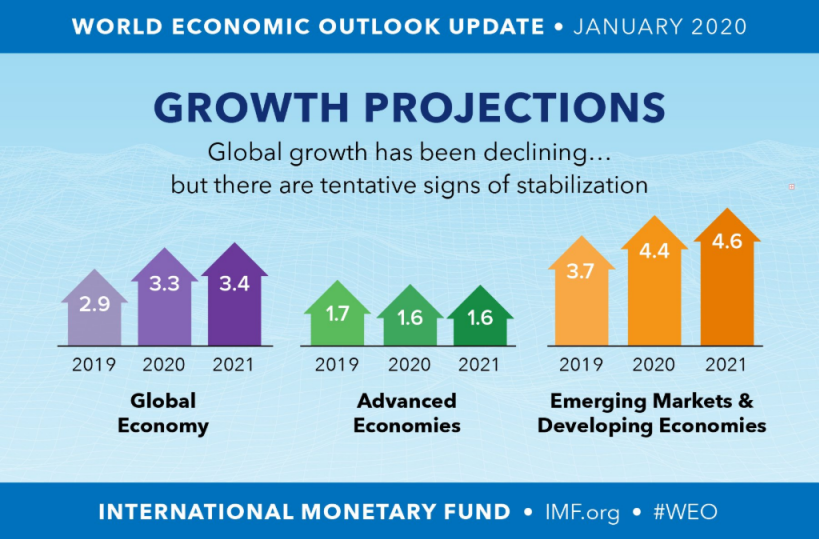An internal committee of the World Bank managed to launch an independent investigation into top brass …
- Georgieva, and a key adviser, Simeon Djankov, had pressured staff to “make specific changes to China’s data points” and boost its ranking at a time when the bank was seeking China’s support for a big capital increase.
- The report raises concerns about China’s influence at the World Bank, and the judgment of Georgieva – now managing director of the International Monetary Fund – and then-World Bank President Jim Yong Kim.
- Georgieva said she disagreed “fundamentally with the findings and interpretations” of the report and had briefed the IMF’s executive board.
Kristalina Georgieva now heads the IMF. Oh dear.





